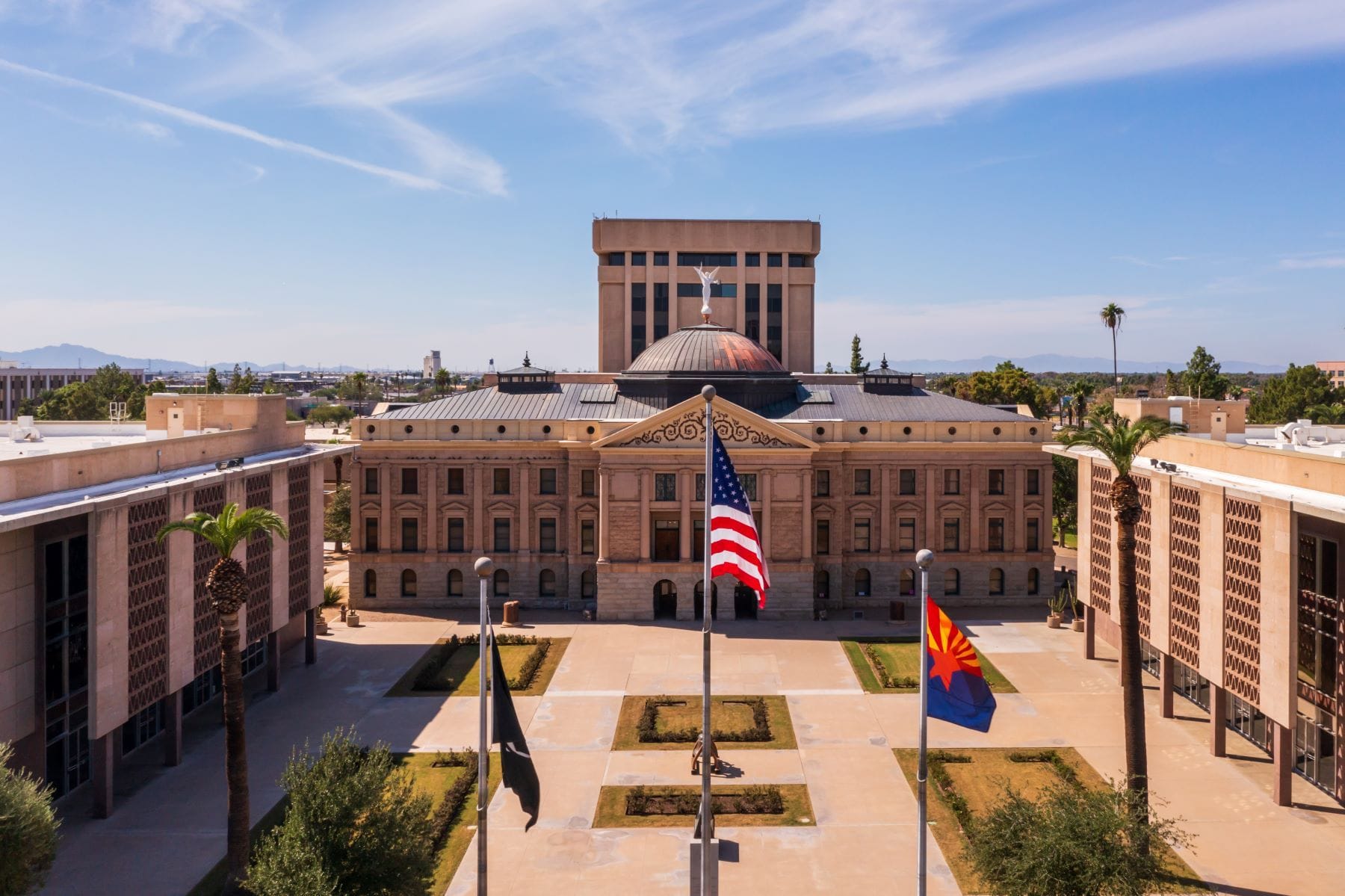Arizona Expert Witness Rules: What Litigators Need to Know
Arizona's expert witness rules require precise disclosures, timely filings, and strategic coordination—missteps can lead to exclusion or sanctions.
Updated on
In this article
Litigation involving expert witness testimony in Arizona is governed by a mix of state statutes, court rules, and interpretive case law. Navigating the Arizona expert witness rules—particularly around expert designation, disclosure, and testimony—can prove challenging without a firm understanding of the applicable procedural framework. Whether preparing for civil litigation or coordinating with retained professionals, attorneys must remain vigilant of Arizona’s specific mandates to avoid missteps that could result in preclusion or sanctions.
Designation Requirements
Under Arizona Rules of Civil Procedure Rule 26(b)(4), parties must disclose the identity of any witness expected to present expert testimony at trial. The designation must clearly distinguish between retained experts—those specially employed to provide expert opinions—and non-retained experts, such as treating physicians or other fact witnesses who may offer expert-level insights based on personal knowledge.
Retained experts require a formal written report. For non-retained experts, a detailed summary of the subject matter, facts, and opinions must be provided. Courts have consistently emphasized that failure to provide a timely and complete designation may lead to the exclusion of the expert’s testimony.
Expert Disclosure Process: Arizona Rules of Civil Procedure 26.1
Arizona’s disclosure obligations follow a staged exchange model:
- Initial Disclosure Statement (Rule 26.1) – Each party must provide a list of witnesses, including experts, with a description of their expected testimony. This includes relevant documentation the expert will rely on.
- Expert Disclosures (Rule 26(b)(4)(D)) – Specific to retained experts, this includes a comprehensive report outlining:
- The opinions to be expressed
- The basis and reasons for those opinions
- The data or other information considered
- Exhibits to be used
- Qualifications of the expert (including publications over the past 10 years)
- A list of prior testimony
- Compensation arrangements
Notably, Arizona does not automatically adopt federal expert disclosure timing. Instead, disclosure deadlines are controlled by the court's scheduling order, which can vary significantly depending on the complexity of the case and jurisdiction.
Required Declarations
Unlike some jurisdictions, Arizona does not require a sworn declaration or affidavit at the time of disclosure for expert witnesses. However, for summary judgment motions, expert affidavits may be necessary to raise genuine issues of material fact, particularly in medical malpractice cases or other claims involving technical standards of care.
When affidavits are submitted, they must comply with A.R.S. § 12-2604, especially in medical liability cases. This statute governs the qualifications of expert witnesses in actions alleging medical negligence, requiring them to match the defendant’s specialty and clinical practice profile.
Fees and Compensation
Arizona courts permit compensation for expert witnesses under Rule 26(b)(4)(C). Retained experts may charge for time spent reviewing records, preparing reports, and testifying. Non-retained experts, such as treating physicians, are also entitled to reasonable fees when deposed.
However, disputes over the reasonableness of expert fees are not uncommon. Courts will consider factors such as:
- The expert’s area of specialization
- Market rates in the region
- Time commitment and preparation required
- Nature of the testimony (fact vs. opinion)
Advance agreement on fee schedules and payment terms is strongly advised, particularly in high-stakes litigation involving multiple experts.
Discovery Scope and Limitations
The scope of expert discovery in Arizona is relatively broad, but still subject to protections. Attorneys may depose both retained and non-retained experts. For retained experts, deposition may occur only after the expert’s report has been disclosed.
Crucially, draft reports and communications between counsel and retained experts are protected from discovery under Rule 26(b)(4)(D)(ii), except under limited circumstances such as:
- Compensation-related information
- Facts or data the attorney provided and the expert considered
- Assumptions the expert relied upon at the attorney’s direction
This rule aligns closely with the federal structure post-2010 amendments, promoting a candid exchange between counsel and expert while preserving fairness during discovery.
Admissibility Standards
Arizona courts follow the Daubert standard for determining expert witness admissibility, codified through Ariz. R. Evid. 702. This replaced the former Frye standard in 2012, shifting the focus to the reliability and relevance of expert testimony.
To be admitted, expert testimony must:
- Be based on sufficient facts or data
- Be the product of reliable principles and methods
- Reflect a reliable application of those methods to the case
- Assist the trier of fact in understanding the evidence or determining a fact in issue
Courts perform a gatekeeping role, particularly in scientific or technical testimony. Judges assess methodology, error rates, peer review, and general acceptance. The shift to Daubert has raised the bar for admissibility and led to more frequent pretrial challenges under Rule 702 motions.
Key Deadlines & Strategy Notes
Expert-related deadlines in Arizona are dictated by the court’s scheduling order and local rules. While not uniform statewide, the typical timeline includes:
- Initial disclosures within 40 days of the defendant’s answer
- Expert disclosure deadlines set in the Rule 16 scheduling conference
- Deadlines for Daubert motions or motions in limine, often 60–90 days before trial
Strategically, early retention and communication with experts is essential. Inadequate or delayed disclosures can severely undermine a case. Moreover, since Arizona permits the filing of a motion to strike expert testimony for noncompliance, opposing counsel will likely scrutinize every element of disclosure.
State-Specific Statutes & Local Rules
Certain Arizona statutes directly impact expert practice, particularly in healthcare litigation:
- A.R.S. § 12-2603 and § 12-2604 establish pre-litigation and qualification requirements for expert witnesses in medical malpractice suits.
- Local rules may modify procedural aspects, such as the Maricopa County Local Rule 3.1, which outlines case management expectations, including early judicial involvement in scheduling discovery and disclosure disputes.
Attorneys should also remain alert to unique venue-specific practices in counties such as Pima and Pinal, which may issue standing orders that adjust disclosure timelines or deposition procedures.


